Young people with lived experience in foster care must have a seat at the table to transform laws and policies that shape their own lives.
What is Public Policy?
- Public Policy is what the government and elected officials decided to do or not do about an issue.
- Public Policy involves making choices on whether and how to address problems that affect society
- Key aspects of public policy include:
- Identifying issues that need attention
- Proposing potential solutions
- Implementing and evaluating decided actions
What is Legislation?
- Legislation refers to laws enacted by a lawmaking body
- At the federal level, legislation involves U.S. Congress (the Senate and the House of Representatives) passing bills.
- FosterClub advocates for legislation that empowers youth in care
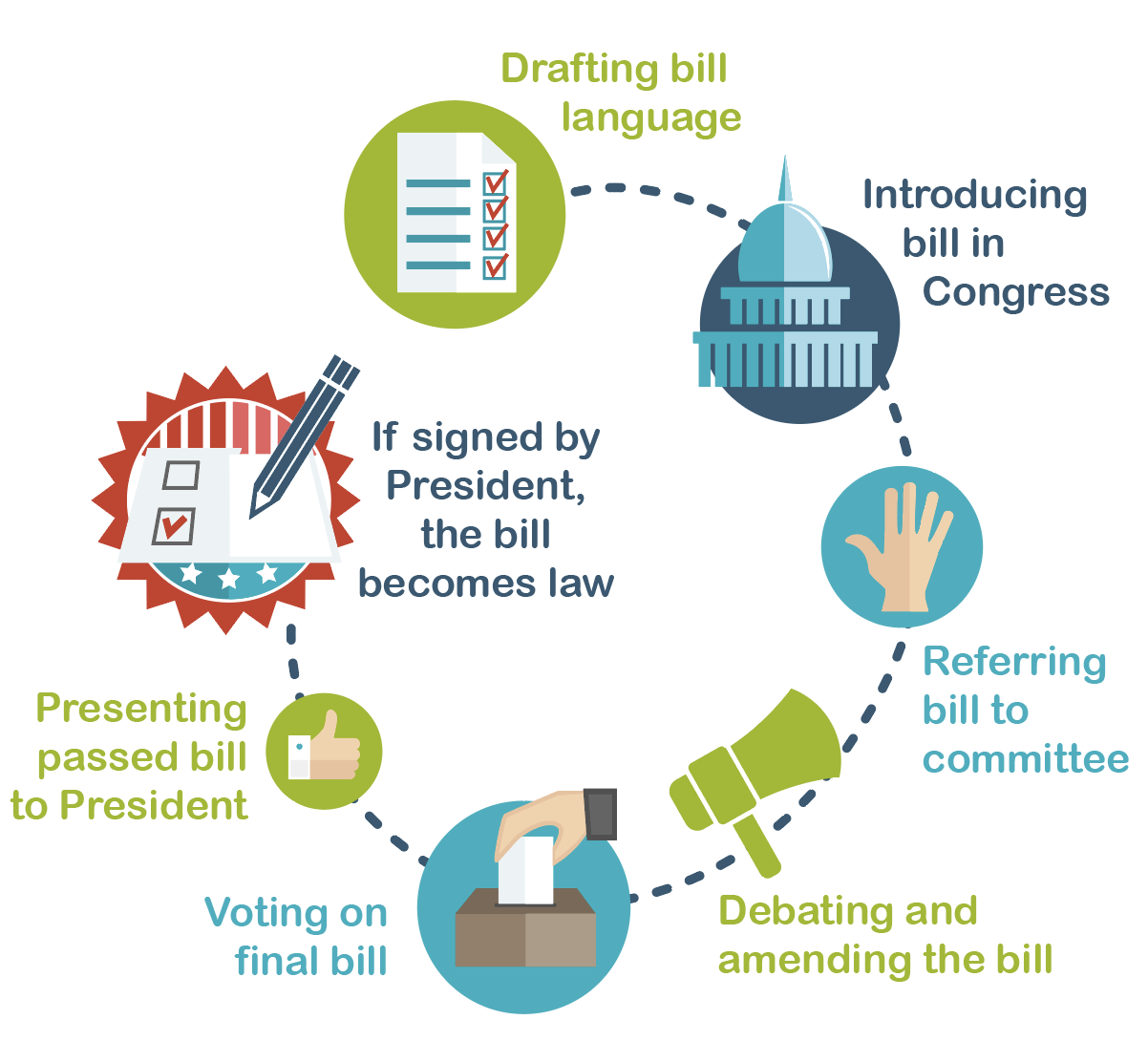
Nothing About Us Without Us
We believe that when the System listens to young people with lived experience in foster care, it does better. We refer to the young people who step up to inform public policy and legistlation as Lived Experience Leaders — or LEx Leaders, for short.
Timeline of Major Child Welfare Legislation.
Below, we've provided a quick summary of major legislation that impact the foster care system, highlighting items that might be most interesting to young people in the FosterClub network who are interested in advocating for change.
This is when FosterClub was born. (2000)
”FosterClub has made me CURIOUS. After my AllStar Internship and first Board Meeting, I developed a deep curiosity for Policy, Partnerships, and Marketing. I constantly put myself in a mindset of curiosity and environment of learning all due to the conversations and experiences with FosterClubs staff, Board of Directors, partners, and advocates.”
— Cody, past FosterClub Intern and Board Member
Recent Public Policy News
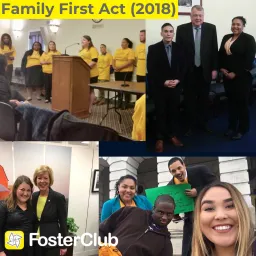
Family First Act Celebrates FIVE Years!
On February 9th, 2018, the Family First Act (FFA) was signed into law. This February, we celebrate FIVE YEARS of the FFA serving youth across the country. As we celebrate the five year anniversary of the Family Fisrt Act, FosterClub looks back at how hundreds of Lived Experience Leaders (LEx) came together to promote and support the passing of the...
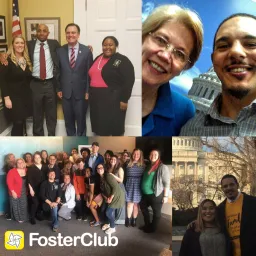
How does the Family First Act help youth in foster care?
On February 9th, 2018, the Family First Act (FFA) was signed into law. The historic passing of the FFA would not have occurred without the voices of Lived Experience Leaders (LEx) joining FosterClub in promoting and supporting the passing of the FFA. As we celebrate the five year anniversary of the Family First Act, FosterClub reflects on how this historic...
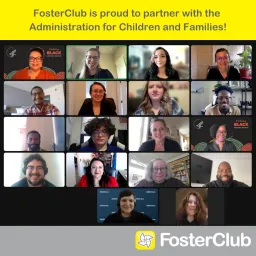
LEx Leaders meet with Federal Foster Care Leadership
On Friday, February 10th, FosterClub co-hosted a roundtable discussion with the Administration for Children and Families on the experiences of LGBTQIA2S+ youth in foster care as well as the importance of Sexual Orientation and Gender Identity (SOGI) data collection. The roundtable brought together a group of Lived Experienced Leaders (LEx) to engage with Assistant Secretary January Contreras (Administration for Children...
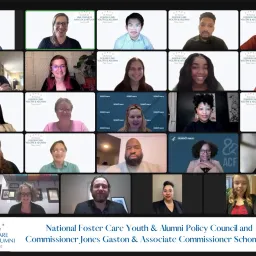
Council Members share Immigration Priority with Federal Leaders
This week, the National Foster Care Youth & Alumni Policy Council engaged with newly confirmed Administration of Children, Youth & Families Commissioner Rebecca Jones Gaston and Children’s Bureau Associate Commissioner Aysha Schomburg and members of their team. Council Members shared their newly published priority: Supporting Immigrant Children & Youth in Foster Care. Members were able to share reflections, personal experiences...
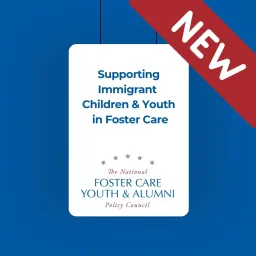
New Priority Released: Supporting Immigrant Youth & Children in Foster Care
The National Foster Care Youth & Alumni Policy Council is pleased to release its 19th priority statement: Supporting Immigrant Children & Youth in Foster Care. Recent years have seen an increase in attention to children who enter the United States as immigrants. While the focus has largely been on those who enter via the southern border, the experiences of youth...
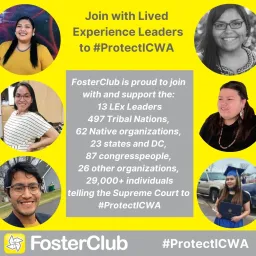
What LEx Leaders Say about ICWA
This week, the Supreme Court of the United States heard oral arguments in a case ( Haaland v. Brackeen) that will impact Native youth and families across the United States - especially those who are in foster care. FosterClub Lived Experience (LEx) Leaders have a lot to say about ICWA. What are Lived Experience Leaders Saying? Jade Tillequots ICWA Shanell...
